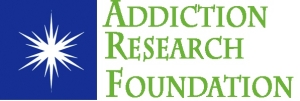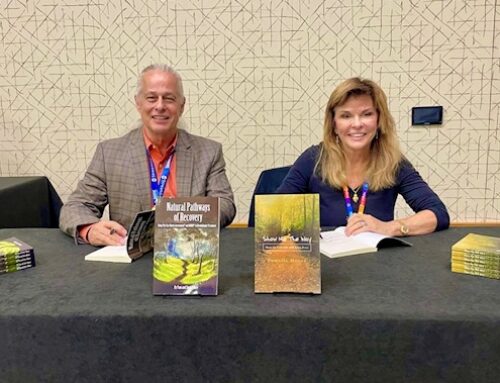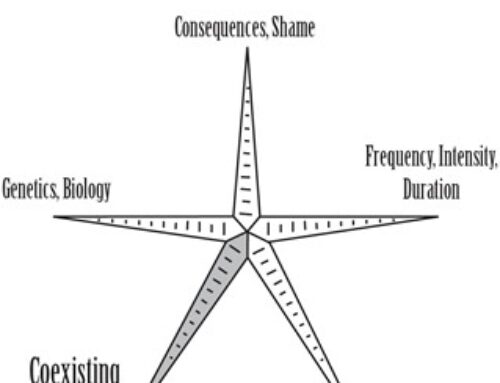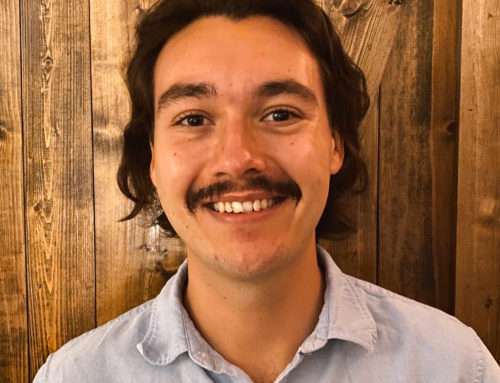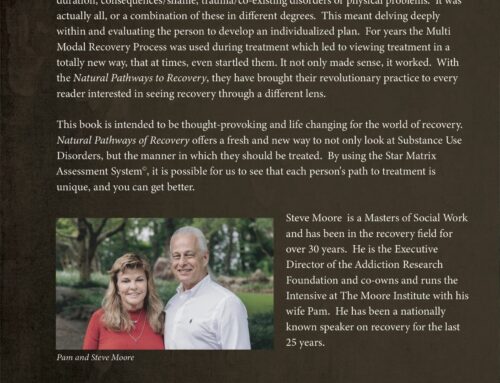One of the surveys at the Addiction Research Foundation called the Addiction Change Survey has been promoteprimarily through social media. It
Childhood Experiences
- 39 percent of all women reported having been abused as a child compared to 26 percent of men.
- More than three out of five women (65%) reported childhood emotional abuse, compared to two out of five (40%) men.
- Strikingly, nearly half of all women (47%) reported childhood sexual abuse, compared to less than one-fifth of all men (19%).
- A third of all women reported having been neglected as a child, compare to less than one-fifth of all men (19%).
- Just over half of women (51%) reported growing up in a household with alcoholism compared to nearly two-fifths of men (38%).
- More than three-quarters of participants currently in 12-step programs received counseling for childhood experiences (76%), compared to 60 percent of those not in 12-step programs.
Adult Experiences
- More than half of all female respondents (52%) reported having been physically abused as an adult; only 12 percent of men reported being physically abused as an adult.
- Three out of four female respondents (75%) reported having been emotionally abused as an adult compared to one of three males (35%).
- One out of three women (36%) reported having been sexually abused as an adult. (Only 5% of men reported adult sexual abuse.)
- More than half of women (54%) reported living in a household with alcoholism (other than their own) as an adult, compared to only one-quarter of men (26%).
- Similarly, more than half of women (53%) reported living in a household with drug addiction (other than their own) as an adult, compared to only one-quarter of men (26%).
- Nearly two out of five women (37%) reported living in a household with criminal behavior (other than their own) as an adult. (17% of men reported living in a household with criminal behavior.)
- Nearly three-quarters of women (70%) reported receiving counseling for their adulthood experiences compared to only half of men (50%).
As it is with much of our research we are left with some bigger questions.
Should female treatment have more of a focus on trauma due to the higher number of traumatic incidents being report?
Does this imply a need for segregated treatment for men and women?
What areas should men and women be treated the same?
Should there be very different treatment for trauma survivors and non- trauma clients?
How could we individualize treatment more so that it better suited the client?
How does trauma effect the physical component of addiction?
What types of trauma modalities are best for which kinds of trauma in addiction treatment?
We hope to look at some of the questions with our next round of surveys. We will be designing and developing a new survey to look at trauma and addiction and male vs female. We hope you will be a partner with us in looking at these questions.

